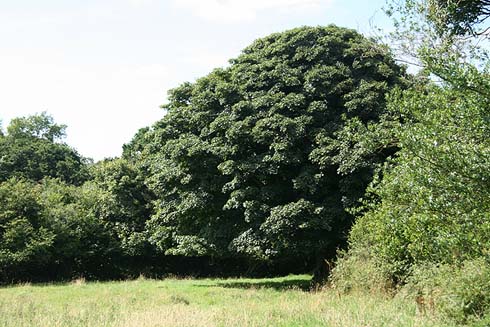This is very interesting and important information to have. ~Declan
Sycamore trees could be deadly to horses

UPDATED:
AMY MATHIESON
H&H deputy news editor
The mysterious fatal condition atypical myopathy has been linked to the sycamore tree.
A new study published in the Equine Veterinary Journal has revealed that toxins from the seeds of the sycamore is the likely cause of the condition in horses in Europe.
Earlier this year, research in America linked seasonal pasture myopathy (the US equivalent) to toxins from the box elder tree. Both trees produce seeds containing the agent hypoglycin A.
The new research was done by the University of Liège and involved 17 horses from Belgium, Germany and the Netherlands.
High concentrations of hypoglycin A were found in all the horses. The pastures of 12 of the horses were visited by botanists and the sycamore was found to be present in every case.
Outbreaks of the disease tend to be seasonal, with most cases occurring in the autumn. Signs include muscular weakness and stiffness, dark urine, fatigue, colic-like signs and trembling.
Victims are usually kept on sparse pasture, where dead leaves are on the ground.
Professor Celia Marr, editor of the Equine Veterinary Journal, said this was “an important advancement” in understanding and preventing the condition.
“Where grazing is near sycamores, it is imperative horses have sufficient feed, as this will minimise the risk that horses might be tempted to ingest seeds,” she said.
H&H vet adviser Karen Coumbe recommeds concerned owners talk to their vets. She also warns against “rushing to cut down trees” without consulting experts, as trees can be a vital source of shelter.
No comments:
Post a Comment